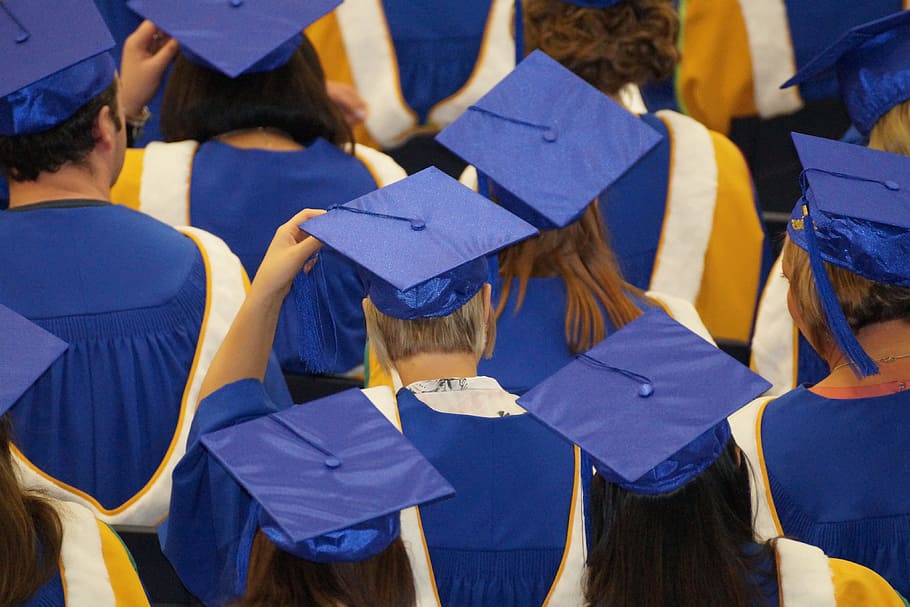Students say many online courses simply aren’t worth the tuition they still have to pay.
Colleges and universities across the United States have moved courses online in response to the novel coronavirus outbreak. And for some students, that presents a problem: despite the drastic change in format, few schools have offered tuition refunds or discounts.
According to The Philadelphia Inquirer, students at dozens of colleges—from Columbia in New York to the University of California and Northwestern—have launched petitions demanding refunds. Others have taken more drastic steps, launching lawsuits against schools they feel are being miserly or unfair.
And with tuition at many private and public universities costs tens of thousands of dollars per year, there’s an expectation of high-quality instruction and high-quality facilities.
Attorney Roy Willey, whose firm set up collegerefund2020.com, said he’s received numerous leads in the past several days.
“We are currently investigating dozens of cases across the country, including in Pennsylvania and Philadelphia,” Willey said. “There is some product being delivered that has a value, but it does not have the same value of what students paid for.”

As LegalReader reported last week, experts have cautioned against litigation. James Keller, co-chair of the higher education practice at Saul Ewing Arnstein & Lehr LLP, told The Wall Street Journal that, even amidst unusual circumstances, most schools are still upholding their contractual obligations.
“The students are going to have an uphill battle unless a school has actually shut down and they’re not getting credit,” Keller said. “The basic contractual agreement is, I pay tuition, and if I satisfy academic requirements, you give me credit. That’s still happening.”
While it may still be happening, the internet is rife with accounts of poorly-managed online courses and low-quality instruction. One film student at the University of Arts in Philadelphia, for instance, told the Inquirer that neither she nor her classmates have access to professional camera equipment. But her professors have promised passing grades for filming anything at all, even though directing phone videos wasn’t presumably what students had signed up for.
Pavan Patel, senior class president at Johns Hopkins University, said he and other student government leaders have asked school administrators for a 25 percent refund—and at Johns Hopkins, a 25 percent refund could amount to nearly $7,000 per student.
“Our faculty are doing a good job of working with us,” Patel told The Washington Post. “But at the end of the day, it’s not the same as in-person learning […] It shouldn’t just be a part of the business model where, no matter what happens, you have to pay the same amount. The cost needs to reflect some of the realities.”
Students at other schools have echoed similar sentiments. On Reddit, users on the Michigan State University forum have complained of everything from grading irregularities to professors ignoring e-mails; one user expressed frustration that one of their professors had “given up” on distance teaching. That student said they were, in effect, paying $1,500 to do “20 minutes of coursework per week” and nothing more.
Sara Goldrick-Rab, an education policy professor at Temple University, pointed to the difficulty of taking sides.
“This is a really hard thing,” Goldrick-Rab told the Philadelphia Inquirer. “This is about a shift due to a crisis. It was not a decision. It was a necessity.”
Sources
Charging full tuition for online classes? No, say some students, despite the coronavirus
College students are rebelling against full tuition after classes move online
Some College Students are Suing Schools to Recover Tuition Fees


Join the conversation!